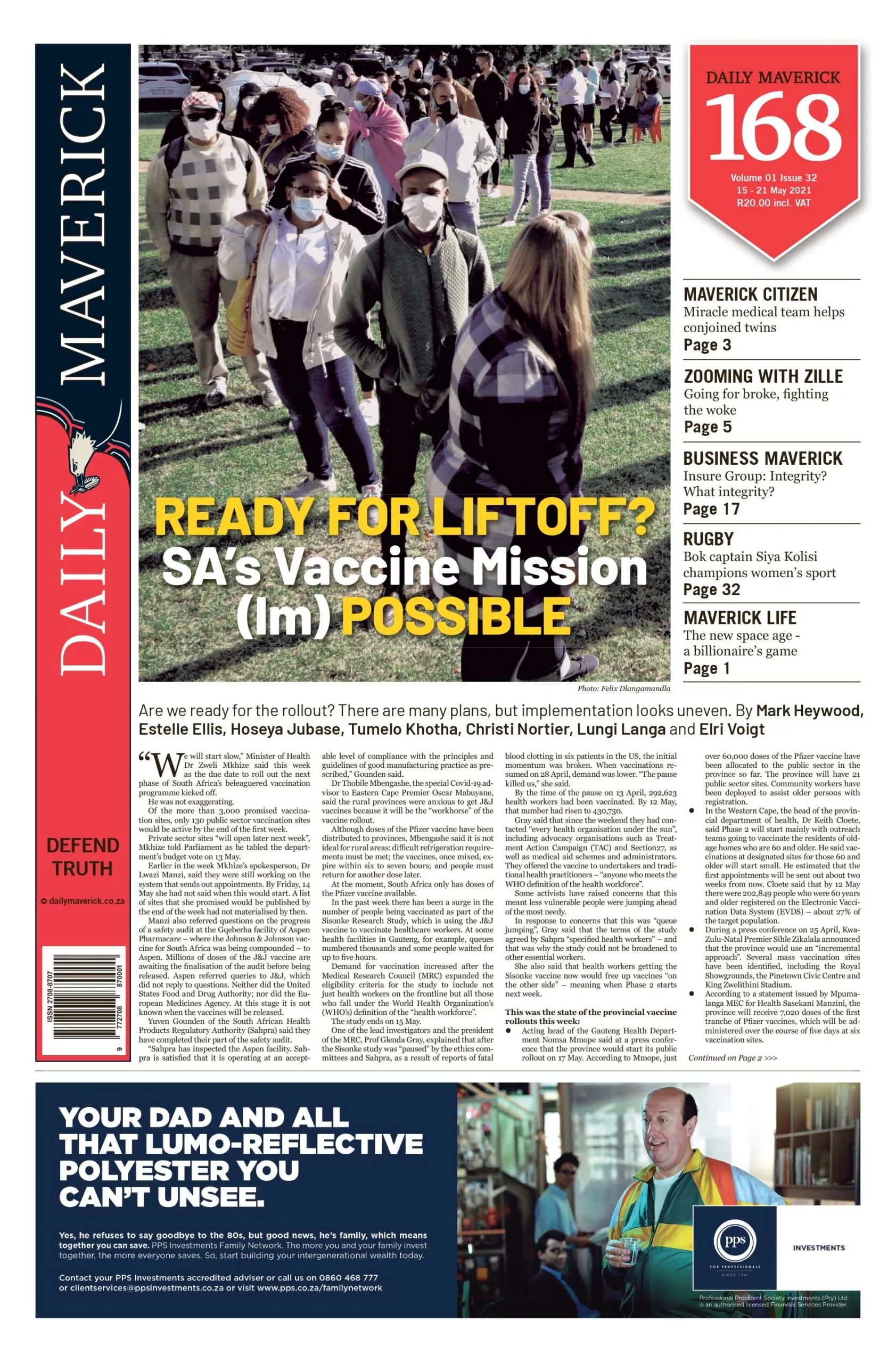First published in the Daily Maverick 168 weekly newspaper.
Last week I was sent an episode of the Wits Institute for Social and Economic Research (Wiser) podcast, titled Futures of the Constitution. It’s presented by Sizwe Mpofu-Walsh, a postdoctoral Fellow at Wiser, and Tshepo Madlingozi, the director and associate professor at the Centre for Applied Legal Studies.
Their intention was to think through how far democratic South Africa has departed from its apartheid predecessor and to what extent South Africa’s much-vaunted Constitution has undone apartheid oppression and injustice. In answering these very important questions, the Preamble to the South African Constitution was their starting point.
The Preamble opens with “We, the people of South Africa, recognise the injustices of our past …” According to the discussants, the Preamble, by utilising the words “injustices of our past”, obscures past injustices and espouses a narrow conception of justice and rests on unhelpful narratives of national healing detached from redistributive justice, as contained in the line, “Heal the divisions of the past.” So dismayed are the speakers about this wording that they call it a “rotten foundation” – which I found hyperbolic and therefore a detraction rather than an enhancement of their conversation.”
The speakers decry the fact that the words “apartheid” and “colonialism” neither appear in the Preamble nor in the text of the Constitution. This, according to them, is a deliberate move to elide history. Madlingozi worries that his one-year-old son will, once he is 10 years old, not know exactly what “injustices” the Constitution refers to.
This critical analysis is thoughtful, much-needed and crucial for us to all participate in. I, however, could never agree that our Preamble is a rotten foundation, and I do think there were obvious omissions from their discussion. The most glaring omission is the decontextualisation of the text of the Preamble from its very critical historical context, its normative framework (specifically Chapters 1 and 2 of the Constitution) and from its interpretation by the Constitutional Court. This decontextualisation results in a very limited conversation at best and a fatally flawed one at worst.
No serious conversation can be had about South Africa’s Constitution if it is divorced from the history of how it came to be, the process through which it was drafted, and by whom. By avoiding history, we are avoiding complexity and by avoiding complexity we are avoiding reality. The speakers make no mention at all of who drafted the Preamble and under what conditions. All we are left with are suspicions of deliberate eliding, which to me is as disingenuous an argument as the “sell-out” trope.
Unlike the Lancaster House Agreement for Zimbabwe, our Constitution was not drafted by a small group of lawyers. It was written by a Constituent Assembly drawn from our first democratically elected Parliament, 490 men and women, most of whom had experienced the injustices of SA first hand. Without knowledge of the negotiations process of the 1990s, the opposing forces of that period and of the two years in which the Constitution was drafted, the conversation is wholly incomplete and potentially misleading.
Should our young people mature into young adults who do not know what “injustices” the Preamble refers to, then the failure is not of the Preamble but ours, the government’s and the education system’s. The post-war constitution of Germany does not mention the word “Nazi” – President Theodor Heuss did not want them mentioned in their constitution’s preamble “the way Pontius Pilate is mentioned in the Christian creeds”.
Yet every German, and almost the entire world, knows what Nazism is. Rwanda’s constitution makes explicit mention of genocide, which is powerful. There is no doubt that adding these words would be just as powerful, but I do not think their absence renders the Constitution useless. So, when our drafters were writing the Constitution, perhaps they considered global precedents and different approaches, and made a choice that does not have to amount to a deliberate eliding of history.
In its current form, the Preamble has been effectively used on behalf of the marginalised such as domestic workers, to support assertions on the generational impact of South Africa’s apartheid history. The Constitutional Court has stressed that the “Preamble imposes a constitutional obligation to eradicate all systems of subordination and oppression inherited from South Africa’s colonial and apartheid past”. I have faith in future generations to make this obvious connection. I understand the points made by Madlingozi and Mpofu-Walsh. I also understand that it’s easier to dissect the textual failures of our Constitution because our human failure is much harder to deal with.
The fact is that our Preamble has a transformative quality. The Constitution is not what changes society – it’s how we use it that requires urgent interrogation.
(In my next column I will address the points made about healing the divisions of our past, and redistributive justice as contended by the speakers. To read more about the Preamble, visit www.ourconstitution.constitutionhill.org.za.) DM168
This story first appeared in our weekly Daily Maverick 168 newspaper which is available for free to Pick n Pay Smart Shoppers at these Pick n Pay stores.



















 Become an Insider
Become an Insider
Comments - Please login in order to comment.